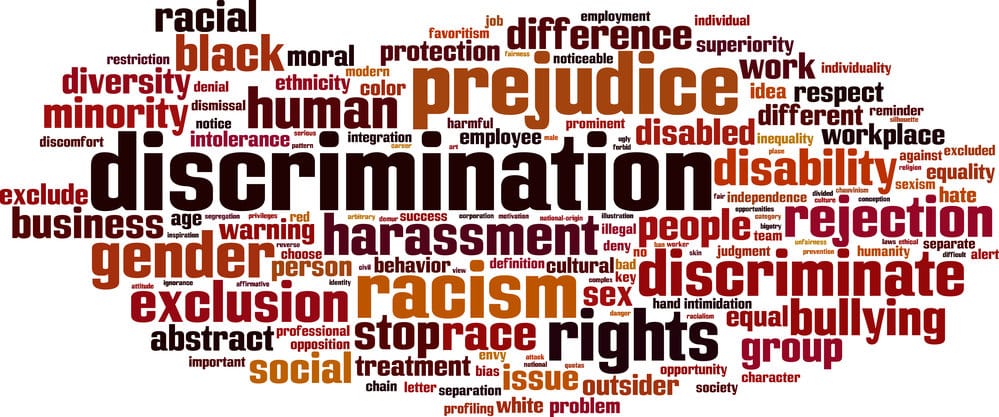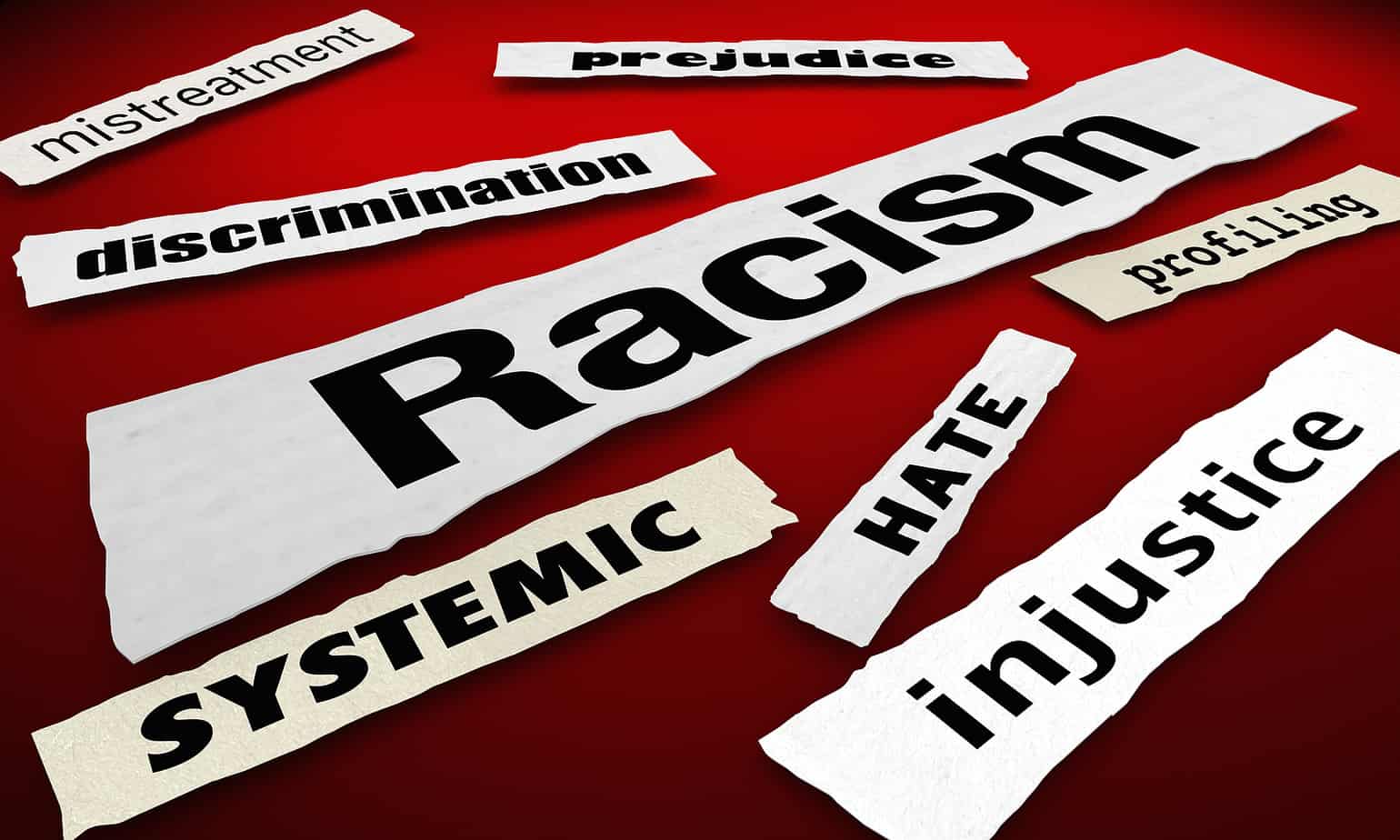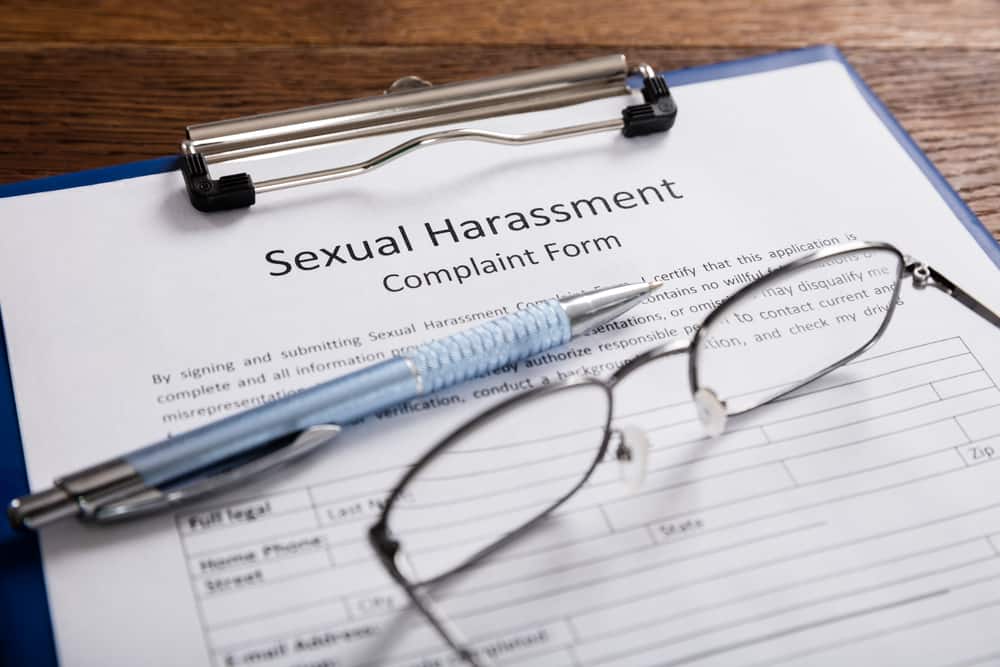When individuals experience disability discrimination in the workplace, it can be devastating. This type of discrimination is all too common and can result in termination or other mistreatment. Understanding your rights under state and federal laws is important to fight back if necessary. This guide provides an overview of disability discrimination, legal protections against it, and what to do if you experience unlawful termination due to a disability.
Understanding Disability and Discrimination
The Americans with Disabilities Act (ADA) defines a disability as “a physical or mental impairment that substantially limits one or more of the major life activities” of an individual. Examples of disabilities include visual impairments, developmental disorders, autism spectrum disorder, hearing loss, diabetes, chronic pain, and intellectual disabilities. The ADA also prohibits employers from discriminating against individuals with disabilities, including hiring, firing, compensation, job assignments, and promotions.
Legal Protections Against Disability Discrimination
Under the ADA, employers must provide reasonable accommodations to individuals with disabilities. Reasonable accommodation can include anything from providing special equipment or making workplace modifications to allowing flexible working hours or job restructuring. Employers must also ensure that employees are not treated differently due to their disability and may need to adjust their policies as necessary.
The Scenario of Unlawful Termination
Unlawful termination due to disability can occur when an employee is terminated because of a disability or when the employer fails to provide reasonable accommodations for them. This type of discrimination is illegal, and there are several steps that individuals can take to protect themselves and their rights.
The Impact of Unlawful Termination
Wrongfully terminated due to a disability can have devastating financial, emotional, and social repercussions. It can result in lost wages and benefits and lead to feelings of isolation, depression, anxiety, and even physical pain related to the disability.
Legal Recourse for Wrongful Termination
To combat unlawful termination due to disability discrimination, individuals should consider filing a claim with the Equal Employment Opportunity Commission (EEOC). The EEOC is responsible for enforcing workplace anti-discrimination laws, including Title VII of the Civil Rights Act of 1964 and the Americans with Disabilities Act. Filing a claim will open an investigation into the employer’s actions and may result in compensation or other remedies. Alternatively, an individual may file a lawsuit against the employer in civil court.
The Role of a Lawyer in Upholding Your Rights
In many cases, it’s beneficial to have a lawyer represent you in such matters. A lawyer can help uphold your rights and guide you through the legal process. They can also advise and assist with filing paperwork, negotiating settlements, or pursuing litigation if necessary.
Conclusion
It is important to be aware of your rights regarding disability discrimination in the workplace. If you believe you have been wrongfully terminated due to a disability, understand that resources are available to help you seek justice and compensation for any losses incurred. Contact an experienced attorney who thoroughly understands disability discrimination law and can advise you on the best course of action.
References
Americans with Disabilities Act, 42 U.S.C. § 12101 (1990).
Equal Employment Opportunity Commission, https://www.eeoc.gov/.
Griggs v. Duke Power Co., 401 U.S. 424(1971).
Harrison v T-Mobile USA Inc., 385 F3d 1288 (9th Cir 2004).
Udall v LG Electronics USA Inc., 711 F3d 1150 (9th Cir 2013).



